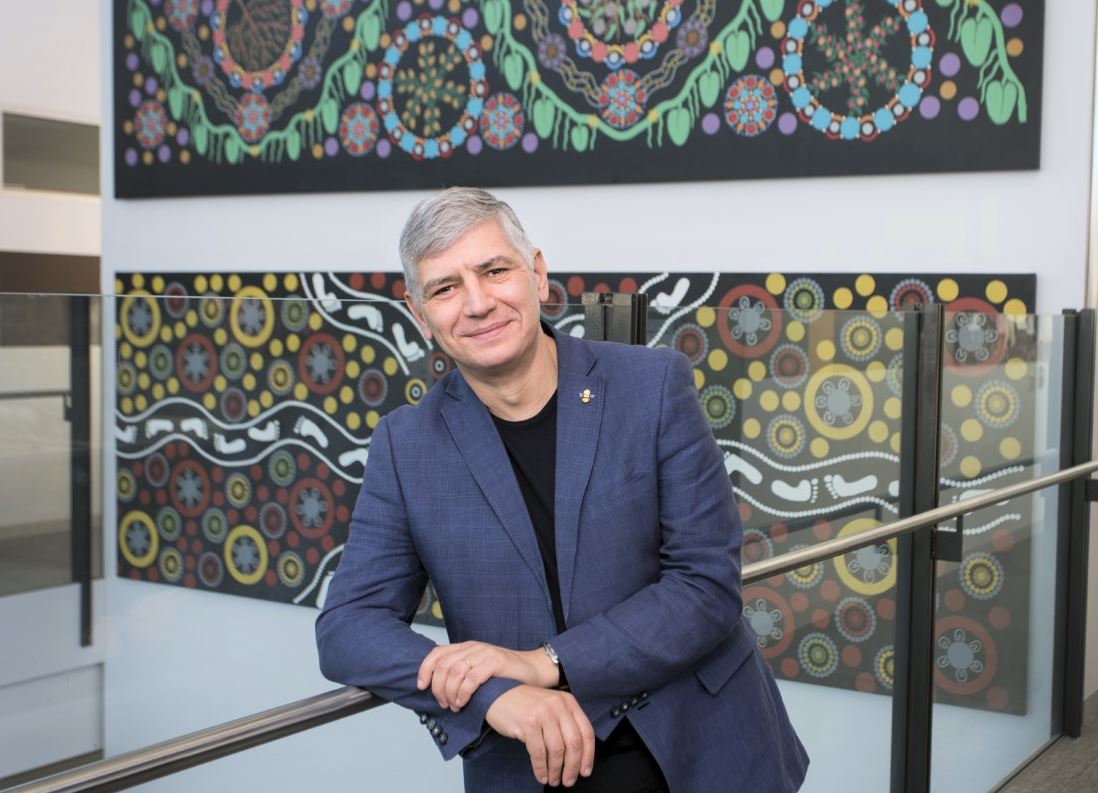
Professor Mike Kyrios says the announcement by the Australian Bureau of Statistics that anxiety and depression are being felt across the nation because of COVID-19 is not surprising, and is echoed in Flinders University research.
The ABS released data on 31 August confirming the influence of the pandemic on mental health and wellbeing, together with its June quarterly report that showed wages and salaries had slumped 3.3 per cent during the quarter.
Professor Kyrios is Vice-President & Executive Dean, College of Education, Psychology & Social Work, and Director, Órama Institute of Mental Health and Wellbeing at Flinders University.
“The ABS announcement that levels of anxiety and depression due to the COVID-19 pandemic are shared across the country is not surprising,” he says.
“Our own research with the South Australian Health and Medical Research Institute’s Wellbeing and Resilience Centre found a substantial increase in adverse mental health outcomes since the COVID crisis, including increased symptoms related to anxiety, depression and stress.
“Up to 80% of community participants in our study showed high levels of psychological distress or low levels of wellbeing during COVID, up from around 50% pre-COVID.”
Professor Kyrios says that as a result of these increasing mental health concerns, the Australian mental health care system is likely to be overwhelmed by requests for support, which could leave the system unable to support those in greatest need.
“While the most likely knee-jerk reaction is to resource more mental health services, the reality is that we have workforce limitations. Psychologists, psychiatrists, GPs and other mental health professionals are already overburdened and have long waiting lists.
“Preventive and early intervention solutions are urgently needed so as to minimize the burden to the mental health care system.”
In response to these needs, Flinders University partnered with SAHMRI to develop a strengths-based preventive and early intervention program, the Be Well Plan. Evidence to date shows it to be effective in building wellbeing and resilience and reducing psychological distress.
“Interestingly, our research has found that those with pre-existing mental health symptoms were more likely to respond positively to the program,” Professor Kyrios says.
“We now need to think about how best to respond to different community subgroups. The needs of youth and those experiencing employment challenges are different to the aged sector or to healthcare workers.
“Without a more holistic and targeted plan around prevention, early intervention and additional mental health services, we are likely to experience ongoing adverse mental health consequences into the future as a result of the COVID-19 pandemic.”

